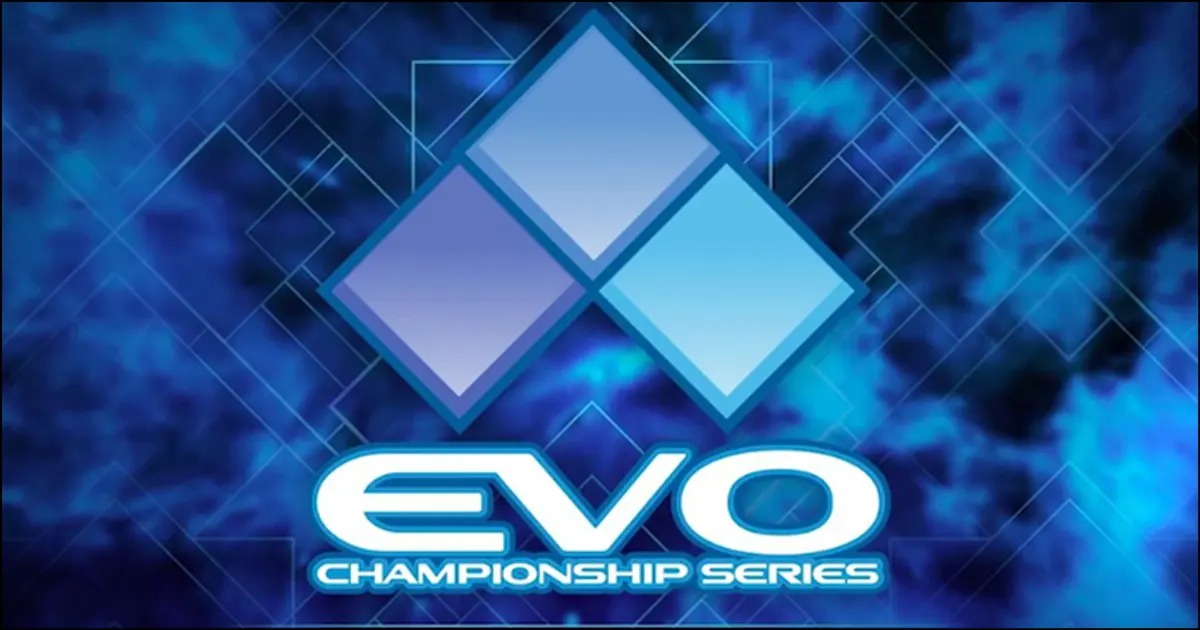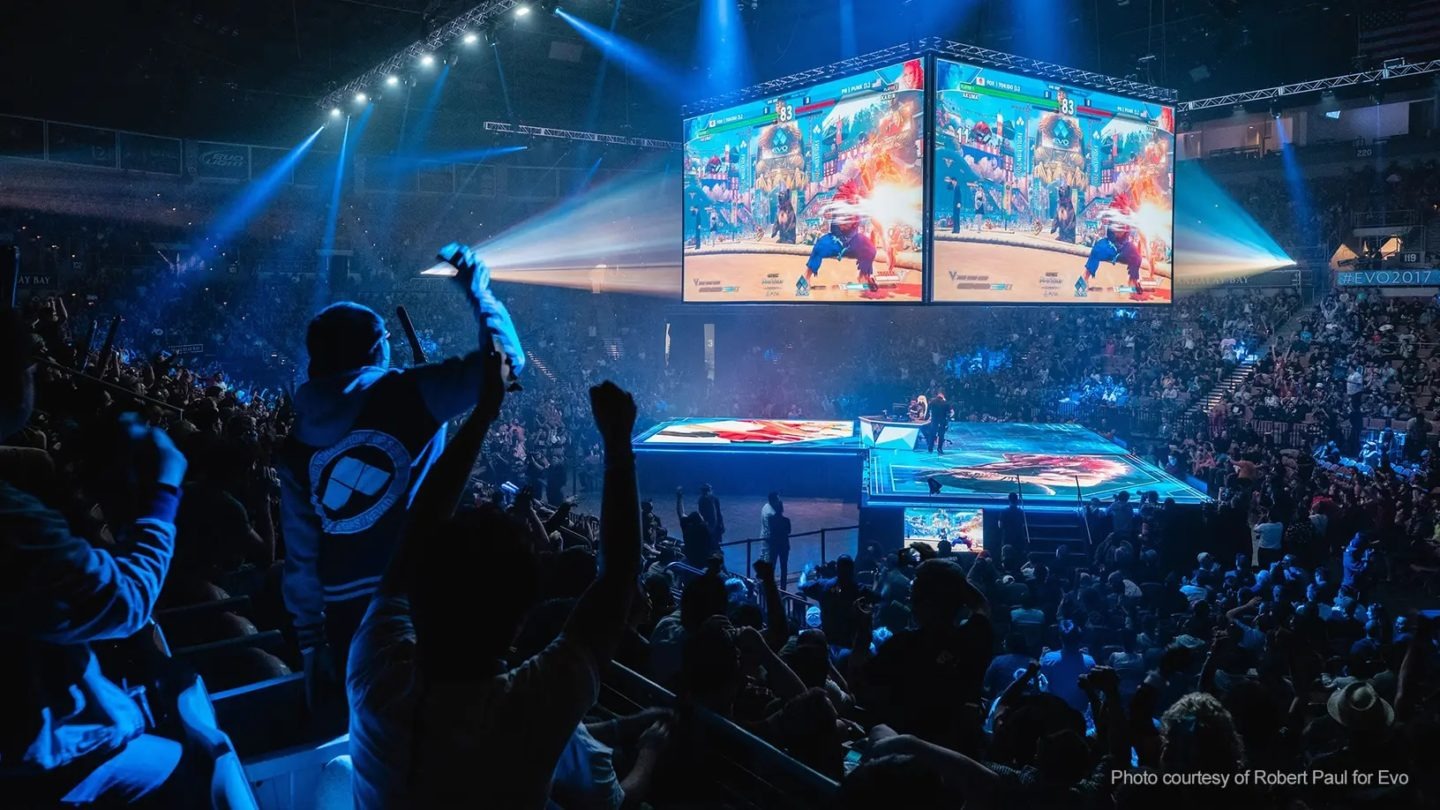A New Era for Fighting Games: Saudi Firm Acquires Co-Ownership of Evo
Popular Now
 FIFA 23
FIFA 23
 Grand Theft Auto V
Grand Theft Auto V
 CarX Street
CarX Street
 Poppy Playtime
Poppy Playtime
 Schedule I
Schedule I
 God of War Ragnarök
God of War Ragnarök
 Rust
Rust
 League of Legends
League of Legends
 The Legend of Zelda
The Legend of Zelda
 Fall Guys
Fall Guys  The Evolution Championship Series, better known as Evo, has long been the premier event in the fighting game community (FGC). For decades, it has been a grassroots-driven tournament that has grown into a global phenomenon. In a move that has sent shockwaves through the community, the Saudi Arabian megaproject Qiddiya has acquired full ownership of RTS, the organization that co-owns and operates Evo. This acquisition, which was announced on September 2, 2025, marks the latest and most significant investment from the Saudi government-backed Public Investment Fund (PIF) into the world of esports, and it has prompted a complex and often heated conversation within the FGC about the future of their beloved event.
The Evolution Championship Series, better known as Evo, has long been the premier event in the fighting game community (FGC). For decades, it has been a grassroots-driven tournament that has grown into a global phenomenon. In a move that has sent shockwaves through the community, the Saudi Arabian megaproject Qiddiya has acquired full ownership of RTS, the organization that co-owns and operates Evo. This acquisition, which was announced on September 2, 2025, marks the latest and most significant investment from the Saudi government-backed Public Investment Fund (PIF) into the world of esports, and it has prompted a complex and often heated conversation within the FGC about the future of their beloved event.
A Shift in Ownership
The acquisition comes on the heels of another major ownership change for Evo. In late August 2025, it was announced that Sony Interactive Entertainment (SIE) had sold its co-ownership stake in Evo to NODWIN Gaming, a prominent esports company based in India. While Sony will continue to be a global sponsor for the event, the move created a new co-ownership structure between RTS and NODWIN Gaming. Now, with Qiddiya’s full acquisition of RTS, the new co-owners of Evo are NODWIN Gaming and Qiddiya, a Saudi Arabian entity that has been heavily involved in the growing Esports World Cup and other major esports initiatives.
Qiddiya’s Chief Strategy Officer, Muhannad Aldawood, announced the acquisition on LinkedIn, stating that it is a “strategic step that will further strengthen our esports business” and will “enable Qiddiya to keep fueling the continued growth of Evolution Championship Series (EVO).” The acquisition gives Qiddiya a much larger stake and influence in the future of the tournament, and it is a clear sign that the Saudi government sees the FGC as a key part of its larger Vision 2030, which aims to diversify the country’s economy and expand into new cultural sectors.
 The Community’s Reaction and the Debate Over “Sportswashing”
The Community’s Reaction and the Debate Over “Sportswashing”
The news has been met with a mixed and passionate response from the FGC. On one hand, many fans and players are hopeful that the new ownership will bring significant financial investment and global expansion to the event. Qiddiya’s deep pockets could mean larger prize pools, better venues, and an expansion of the Evo brand into new regions, which would be a huge boon for the players and the community. In fact, a new Evo Europe event is already planned for October, and there are talks of a Southeast Asia debut in 2027.
On the other hand, the acquisition has reignited a long-standing debate within the esports community about “sportswashing.” Critics argue that Saudi Arabia’s significant investment in gaming and esports is a way to use popular entertainment to distract from the country’s record on human rights, particularly its treatment of women and the LGBTQ+ community. This criticism is especially relevant to the FGC, which has always been a diverse and inclusive community. For many, the idea of a major tournament being co-owned by a government with such a record is a moral compromise that they are unwilling to make. While the acquisition is still new, it has already forced many in the community to confront these ethical questions head-on, with players and commentators debating whether they can continue to support the event and participate in its tournaments.
The new ownership structure of Evo marks a pivotal moment for the FGC. It is a clear sign that the fighting game community has grown to a size and scale that is now attractive to major corporate and national investment. Whether this new era will be one of unprecedented growth or one that is fraught with ethical compromises remains to be seen. But one thing is for certain: the future of Evo and the fighting game community as a whole will be more complex than ever before.









 The Community’s Reaction and the Debate Over “Sportswashing”
The Community’s Reaction and the Debate Over “Sportswashing”